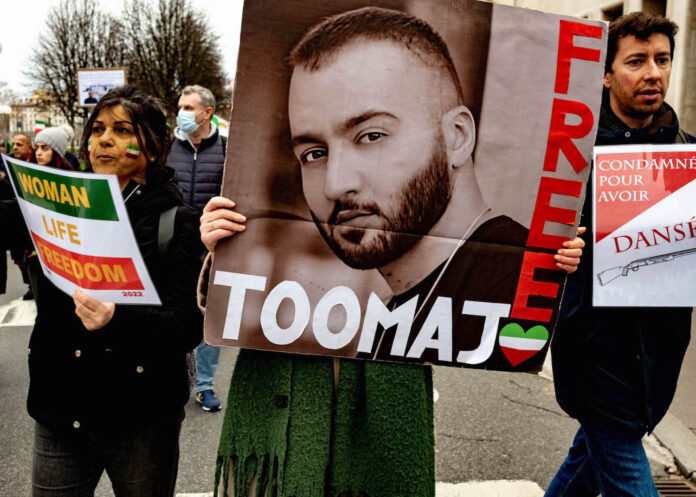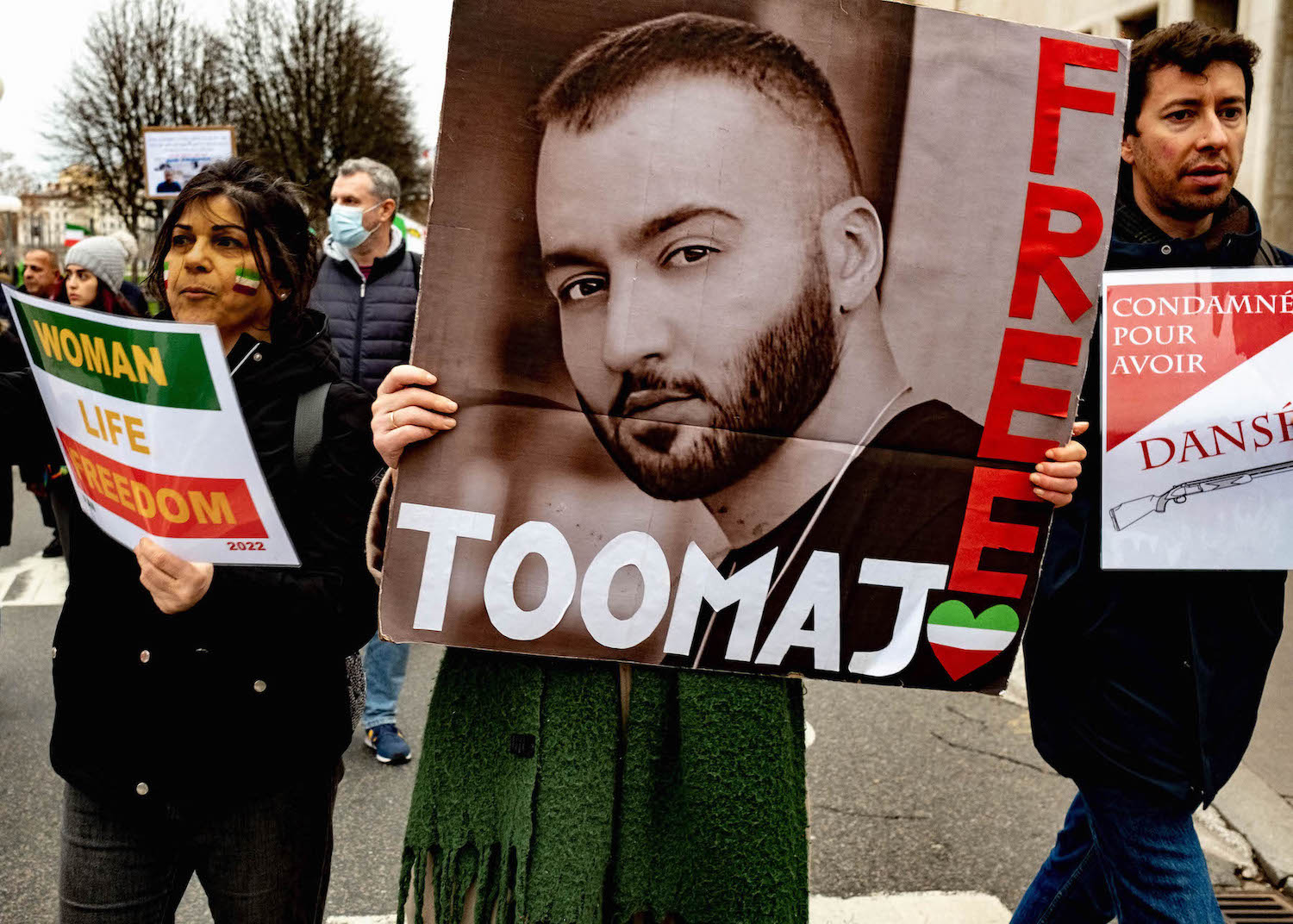
You saw a lot of year-end lists as we said good riddance to 2024. “The Best…”, “The Top…” or “The Most…” among other iterations proliferated news feeds highlighting which movies, books, or music, supposedly most impacted, or should’ve most impacted, 2024.
It’s a media tradition that innocent people have come to expect to add closure to another year. We had our own end-of-year list looking back at the highlights of 2024 and our picks for the song, album, and music festival we felt made the year memorable, along with other musings.
More from Spin:
- The White Stripes Raid The Vault For ‘Get Behind Me Satan XX’
- Every Fleetwood Mac Album, Ranked
- Bonnaroo Books Tyler, Olivia, King Gizzard For 2025 Fest
But we wanted to start the new year by looking ahead at the people who will most influence music in 2025.
This list is the 25 people behind the curtains (some in front of them, I guess). You’ll recognize some of the names (spoiler alert: Taylor Swift is on the list) and quite a few you may not. They don’t exactly operate in the shadows (except number 23, who patently do operate in the shadows, and for good reason) but they are behind the scenes, and you, well, you’re normally in front of the scene, right? And that’s appropriate.
Here are executives — the suits, who, frankly, rarely wear suits anymore — activists, music makers, community leaders, and one very important, brave, fierce, and inspiring political prisoner.
25. Clifton Muhammad and Connie Anderson
Owners and operators, The Record Track
The Record Track has been in South Chicago since 1990. But when his uncle Wister Adriane—who owned and operated the music store—died, Clifton Muhammad inherited it. He and his wife Connie Anderson ran the store as is until the pandemic forced them to shut down. Rather than reopen as a traditional record shop, Muhammad and Anderson decided to try something new: Transform it into an economic and social anchor for the neighborhood. The Record Track reopened in October 2024 and now serves as a community-based music education center for the largely Black and Latin community, where the poverty rates reach up to 51%.
Anyone who wants to learn to play a musical instrument can do so with interactive, video-prompted training, hands-on lessons, instruments provided. Then Muhammad and Anderson refer students to other local instructors at a partnered music school. Muhammad and Anderson will eventually start booking musical acts reflective of the blended community in the outdoor venue they’re planning.
24. David Ding
Chief Executive Officer, Udio Music
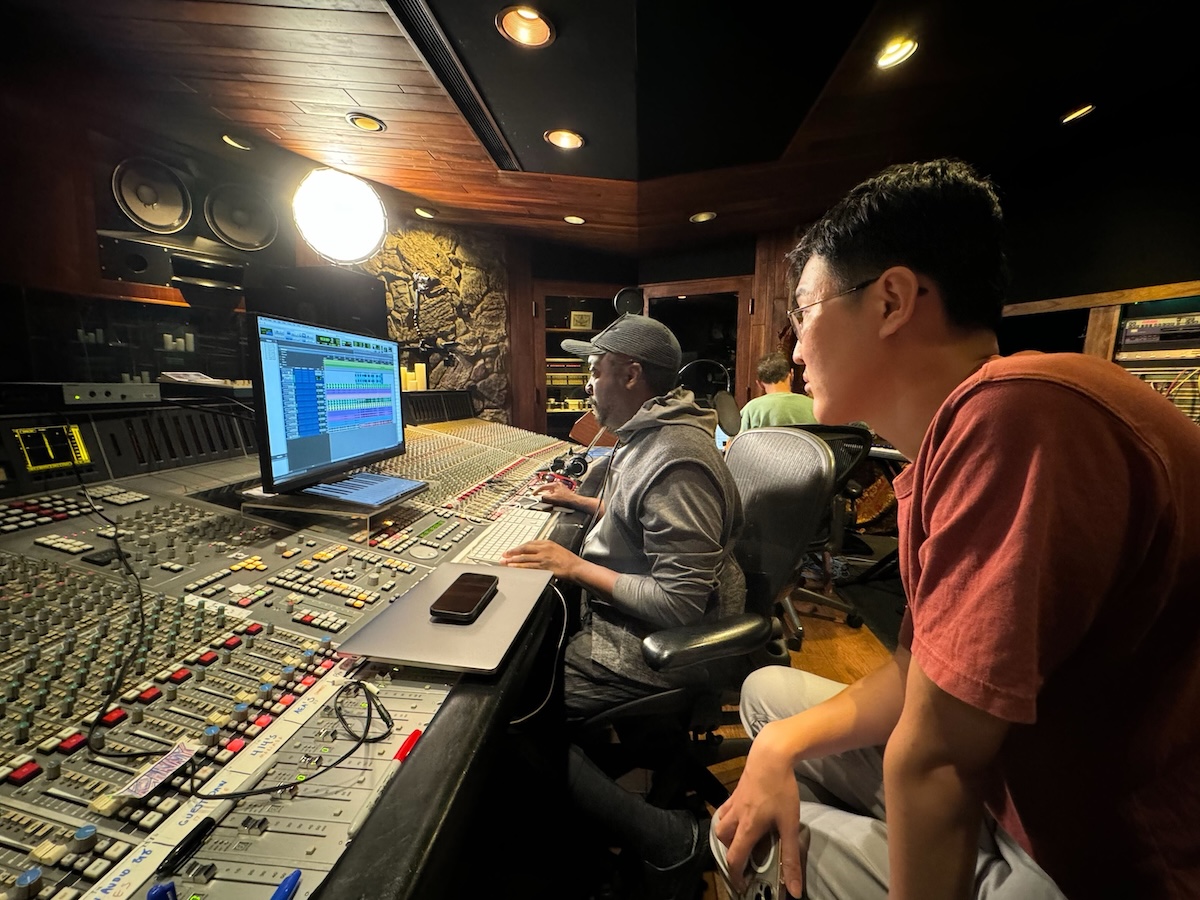
Fengning ‘David’ Ding reportedly was a senior research engineer with Google DeepMind, where he led a team working on generative AI. But Google was apparently too slow for Ding in unleashing breakthroughs on the world, so last year this former member of Harvard’s Bach Society Orchestra split to become CEO of Udio, which has rapidly developed into the bee’s knees of artificial music creation.
Ding was an intern at Dropbox just nine years ago—those heady young days coming off the back of co-authoring such zappy papers as “Representations of Infinitesimal Cherednik Algebras.”
To test Ding’s snazzy new music-maker, I ask Udio for a brooding song in post-punk style about a squirrel with a meth habit robbing houses in a small town. A minute or so later my Udio dashboard offers an original creation called “Chasing Shadows,” a brooding song in post-punk style about a squirrel with a meth habit robbing houses in a small town. Situated between the Pixies and the Caulfields, it’s a little pacier than the early PiL sound I had in mind, I guess, but it sounds absolutely real.
David and Co. are ridding the planet of stinky, sweaty, druggy, vain bands with their farty vans and STIs and years between albums. Who needs to learn to play instruments anyway? Or to make them? Who needs anything other than servers and mathematicians to make music?
23. Unknown

The evil bastards who program supermarket background music. That easy-listening, soft rock crap you hear while shopping and makes you grateful for the cloying store messages about the sale price of butter, or whatever, that mercifully, if only briefly, interrupt it.
These people, whoever they are, wherever they hide, are the Antichrist of music. Decades after we finally escaped the drippy schmaltz of Phil Collins, Bread—Bread!—Carly Simon’s “You’re So Vain,” Foreigner, and Sting—Sting-era Sting, to be clear, not the survivable Police-era Sting—what demon would foist them back on an innocent public, burdened enough by draconian inflation, buying food for their families? These aural assassins should be rounded up and shipped to a penal island off the coast of Antarctica. And left there.
You may remember, the U.S. military had an interrogation tactic of playing the hardest, most cacophonous heavy metal, brain-shatteringly loud, to incarcerated terror suspects to break them. Zero results. They should simply have locked them overnight in a supermarket with the music left on. By morning, they’d have told us everything…
22. Ben Anderson
Co-founder, Park City Song Summit
Before he co-founded the Park City Song Summit—originally the Park City Songwriters Festival—in 2019, Ben Anderson was a lawyer for 30 years and a member of the Nashville-based band Aiko. Anderson also struggled with alcoholism. After he got clean, he saw a lot of his friends in the music industry struggling with addiction. Having visited Park City, Utah, with his wife many times over the years, he wondered why the city had never hosted a music festival.
Combining his passion for music and his new home, Anderson started the Park City Song Summit as a way to help people in the music industry who suffer from addiction and behavioral health concerns find a path to recovery. He addresses these issues head-on, baking them into the summit’s programming. Last year’s festival included performances by Larkin Poe, My Morning Jacket, Mavis Staples, and Nathaniel Rateliff & the Night Sweats.
21. Tariq Cherif and Matt Zingler
Founders, Rolling Loud
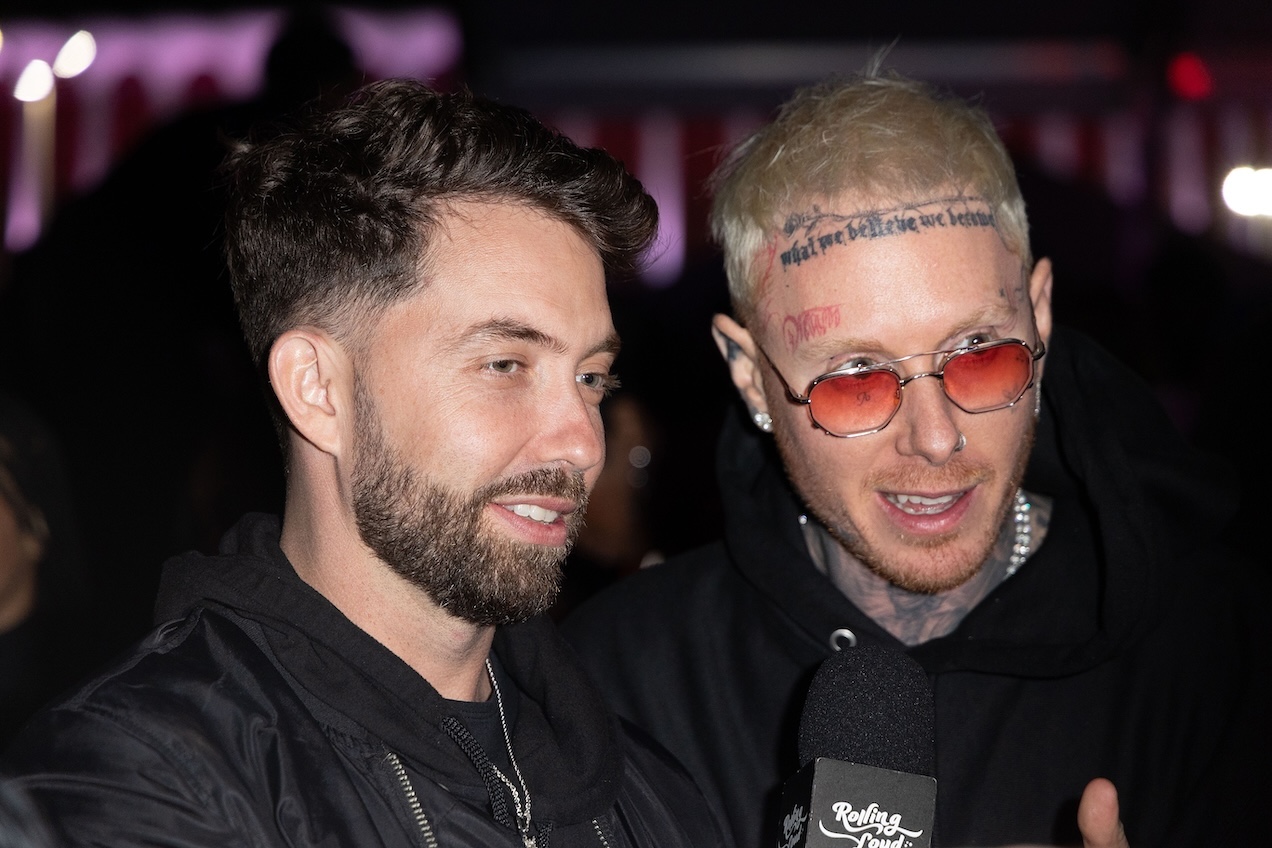
Rolling Loud is the biggest rap festival in the world, with several iterations taking place in multiple countries, including Austria, Australia, and the United States. The festival’s co-founders launched Rolling Loud in 2015 and have continued its global expansion over the last decade. With the exception of the pandemic shuttering the concert industry, Rolling Loud has steadily grown into an annual destination for dedicated rap fans, bringing together both new and well-established artists on the cutting edge of rap.
In 2022, Rolling Loud headed to Portugal and Canada before launching in Thailand. After a successful partnership with Woo Hah! in the Netherlands that same year, they kicked off Rolling Loud Rotterdam and followed up with Rolling Loud Munich in 2023. It’s a franchise, baby!
20. Fairuz
Iconic Lebanese singer

The legendary Lebanese singer turned a spry 90 last year and though her public appearances are rare these days, her legacy is stronger than ever. Over her 60-year career, Fairuz’s music and messages of love and unity—songs like “Li Beirut” and “Ya Zahrat al-Mada’in“—are perhaps more relevant than ever amid the Israel-Gaza war. She was born Nouhad Wadie Haddad, but to her millions of fans she’s known as “The Bird of the East” and “The Voice of Lebanon” as her music continues to bring solace to her country.
During the Lebanese Civil War from 1975 to 1990, she chose to stay despite the mass exodus of more than 1 million citizens. Rather than take sides, she remained neutral and won national respect for her actions. As one of the most celebrated and highest-selling singers in the Middle East, Fairuz has recorded close to 1,500 songs, released 80 albums, performed in 20 musicals, and sold more than 150 million records worldwide. She’s received the Jordanian Medal of Honor, the Jerusalem Award and most recently France’s Legion of Honour.
19. Scott Cohen
Founding Chief Executive Officer, JKBX
Sick of being at the chump end of the music business, forever being the one shelling out the hard-earned while artists swan about in Diddy-esque luxury? Warner’s former Chief Innovation Officer Scott Cohen has come up with a way to change the equation via JKBX (pronounced “jukebox”), a platform for buying royalty shares in songs. So, for example, next time Shawn Mendes comes on pulling his millennial Canadian schtick with “Particular Taste,” you could feel your capitalist cockles warming up nicely by virtue of you being a part owner in that song. As of now Major Lazer’s “Make it Hot” is still selling at $2.35 per royalty share with a total offering size of $235,000. And rumor has it that a certain song sung by Adele (but, as JKBX makes clear in its public-listing commitment to transparency, written by Ryan Tedder) is up for grabs at $3.67 per share. So hats off to Scott Cohen for making literal the sense of ownership fans often feel for their favorites.
Before JKBX and Warner, this British psychology graduate co-founded Cyborg Nest, a company aimed at creating and extending our senses via wearable technology such as North Sense, which turns users into human compass needles.
18. Adam Stroul
Talent Buyer, AEG Presents
Adam Stroul is often quiet and unassuming, yet he’s a beast when it comes to the live music sector. The Denver-based promoter, has been a talent buyer at AEG Presents since 2017 and not only books some of the biggest hip-hop shows in the Rocky Mountain region, he also works as a manager with Silverback and Red Light Management (clients include Living Legends rapper The Grouch, PROF, and DENM). And he’s been a co-owner/co-talent buyer at Cervantes Masterpiece Ballroom in the Mile High City since January 2010.
He frequently sells out the historic Red Rocks Amphitheater (with acts like T-Pain and Akon, Ice Cube, Cypress Hill, E-40, Too $hort) and the nearby Fiddler’s Green Amphitheater (where shows have included Ziggy Marley, Wu-Tang Clan, and Run the Jewels).
17. Robert Davari and Patrick Stavro
Co-founders of Tixr
Robert Davari and Patrick Stavro created Tixr to change the way music fans buy tickets for events. Created in 2012, the duo built the online ticketing platform during a time when buying tickets for a show was a desktop-centric experience. Going mobile was revolutionary.
Here’s how it has changed the live venue game: As a mobile-first platform, Tixr offers tickets for any kind of live event you can imagine—from concerts to conferences to sporting events. If the event doesn’t have tickets available, you can be put on the waitlist. Need to find a parking space or a hotel room? Tixr can handle that. Want to buy merch? You can through Tixr. It even offers payment plans, price breakdowns, and peer-to-peer marketing. After more than a decade in business, Davari and Stravo have partnered with more than 500 entertainment brands in 40 countries, making Tixr the largest, fastest-growing, privately-held, ticketing marketplace in the world with yearly sales of more than $1 billion. Take that, Ticketmaster!
16. Dr. Shain Shapiro
Author, speaker, music policy maker
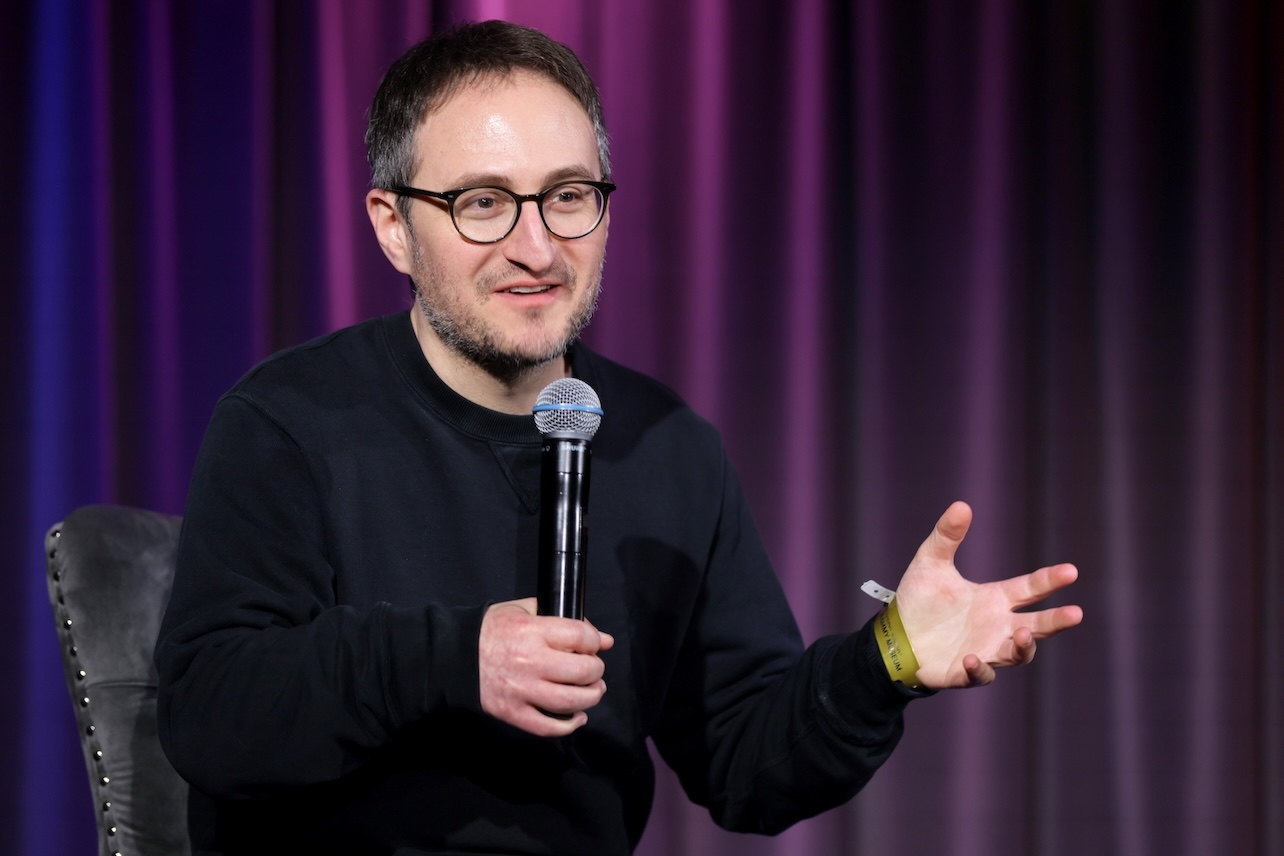
(Credit: Rebecca Sapp/Getty Images for The Recording Academy)
Armed with a PhD in culture studies, author and speaker Shain Shapiro travels the world to educate anyone who will listen about the convergence of music, culture, and urban policy. So, what does that mean? Through his organizations, Sound Diplomacy and the Center for Music Ecosystems, he meets with community leaders globally, convincing them that music and culture are powerfully important investments for the economic growth of their respective cities.
He’s even written a book about this topic, This Must Be The Place: How Music Can Make Your City Better, which has gotten rave reviews and has been translated into six languages. Shapiro’s the guy who thinks about things like incorporating music into international development finance, why Taylor Swift isn’t making cities take music more seriously, and how music copyright is managed around the world. Because someone has to, right?
15. J.J. Italiano
Head of Global Music Curation & Discovery, Spotify
If you’re a Spotify subscriber and you listen to “New Music Friday” and “Today’s Top Hits,” you have J.J. Italiano to thank. Since 2017 (excluding a two-year stint at YouTube), Italiano and his team have been curating playlists like these, including the ever-popular “Spotify Wrapped” marketing campaign that invites listeners to share their personalized music-listening stats on social media.
Italiano is the guy who puts the human touch to all of those streaming playlists. He and his cohorts listen to hundreds of songs a day, have meetings about those songs, discuss and challenge each other about which song is right for which playlist, and then make their decisions accordingly; kinda like when you used to make mixtapes back in the ’80s and ’90s, but on a much larger scale. In a 2024 Esquire interview, Italiano said of the process, “The most important part of a playlist is this balance between having someone rediscover something they haven’t heard in a while—and perpetually delighting someone.” See? Streaming music isn’t all algorithms and bots.
14. Jordy Freed
Director, Head of Brand, Business Development & Strategy, Sony Corporation of America
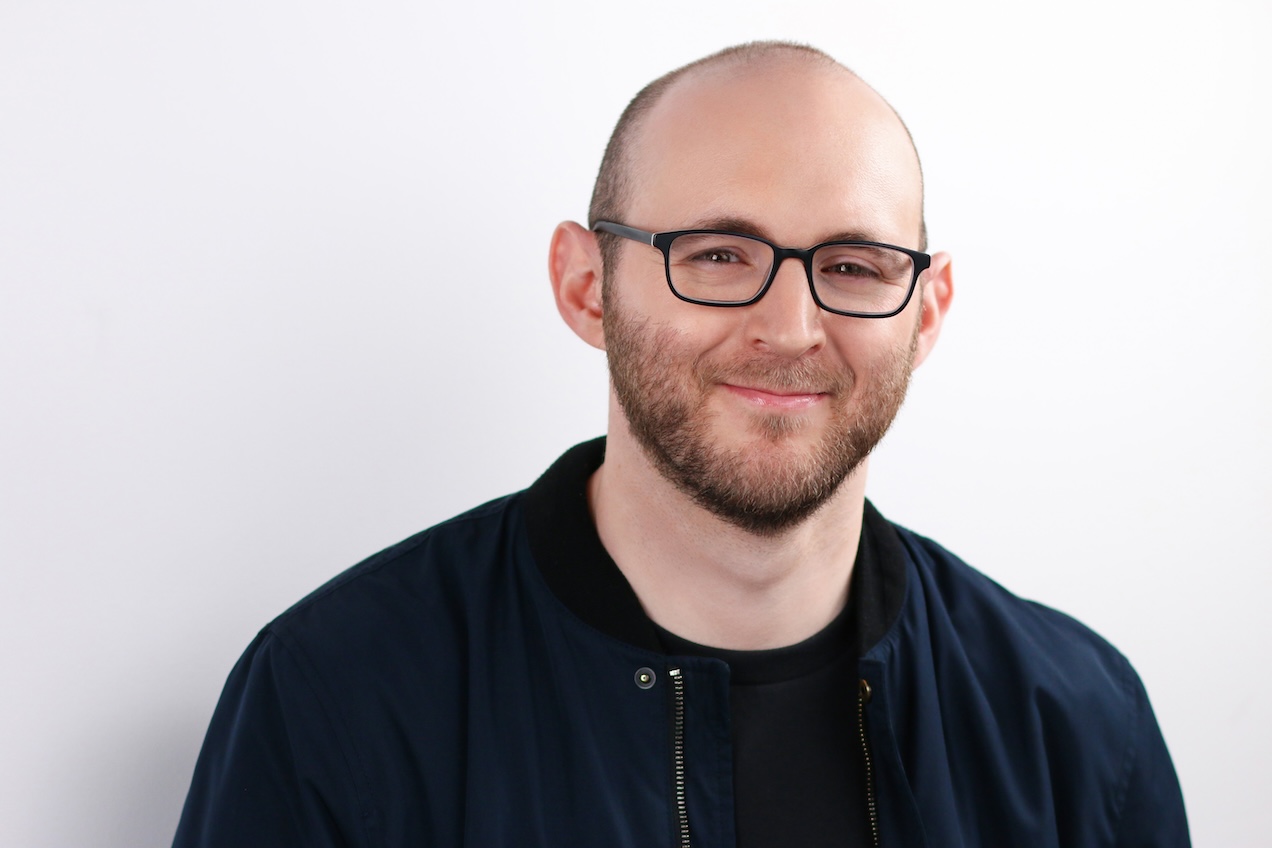
Jordy Freed has been in the music industry for 15 years, but it’s his role at Sony that’s put him in the mainstream. At only 34 years old, he’s redefining what “brand partnership” means in the music industry.
If we should be so bold as to use the old corporate cliche, Freed is all about bringing the synergy. He’s been leading the company’s “For the Music” campaign since its inception in July 2023 — a collaboration effort between the company and various musicians. For example, under Freed, Sony developed its special Custom EQ feature with Olivia Rodrigo and her producer Dan Nigro.
In the last two years, he recruited Peso Pluma, K-pop group Le Sserafim, and Olivia Rodrigo to collaborate on earbuds, speakers, and headphones.
13. Dr. Charlie Wall-Andrews
Social innovation leader, educator, and scholar

Recognized as one of Canada’s Top 100 Most Powerful Women and as the executive director of the Society of Composers, Authors and Music Publishers of Canada (SOCAN) Foundation, Wall-Andrews, Ph.D. saw a need for programs that foster entrepreneurial skills and dismantle systemic barriers. She created the TD Creative Entrepreneur Incubator and the Equity X Production Development Program, transforming the music industry in the Great White North by empowering musicians to have successful careers.
She also created the Women in Music Canada Leadership Accelerator, empowering women and offering mentorship and opportunities to connect with industry leaders.
She also helped form the CBC Indigenous Residency Program for Canada’s Inuit, Métis, and other native artists, which brings indigenous musicians to the Canadian Broadcasting Corporation in Toronto to create professional music.
“What’s so wonderful about Canada’s music industry is how collaborative it is,” she says. “It’s a smaller market but generally people know who are the key actors and we have a close relationship and we work towards making our industry as resilient and productive as possible.”
12. Steven Van Zandt
E. Streeter, radio host, TeachRock founder
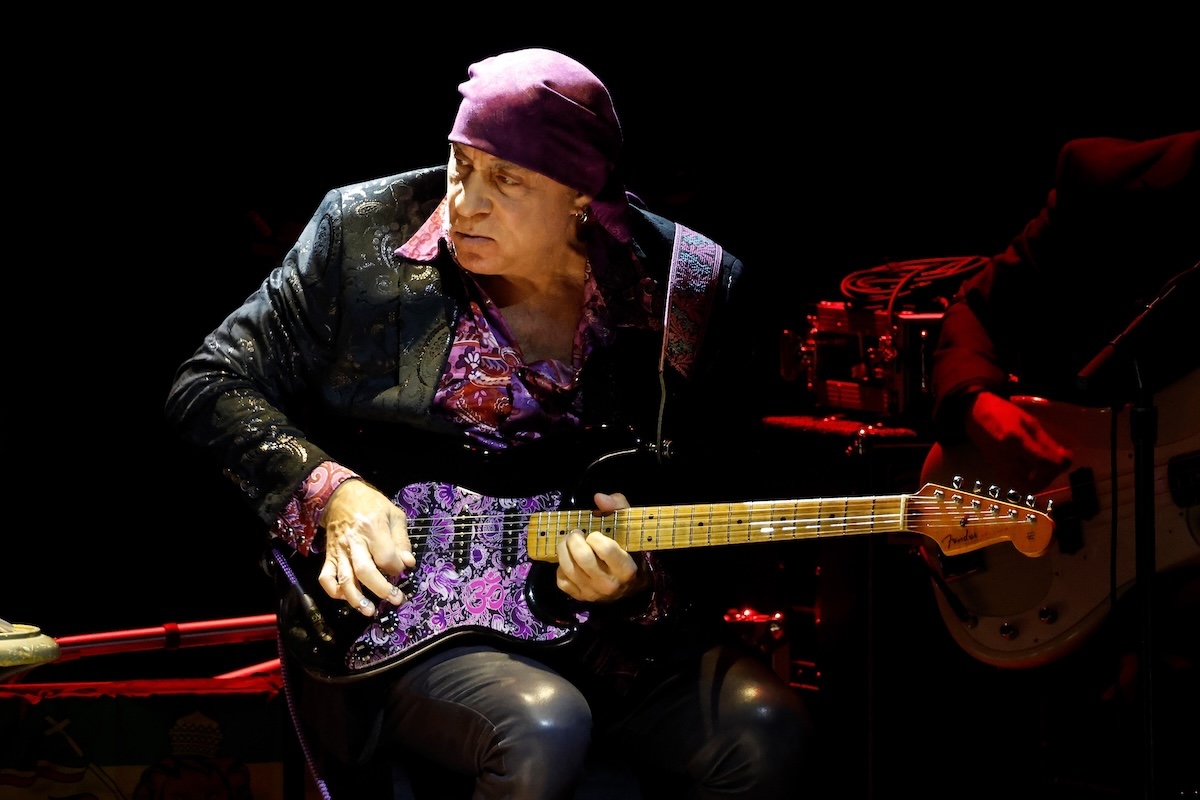
You may know him as the longtime guitarist for Bruce Springsteen’s E. Street Band, or Silvio Dante on The Sopranos, or the creator and host of Little Steven’s Underground Garage. But what you may not know is that Van Zandt is also the founder of TeachRock. For more than a decade, the nonprofit music education organization has provided free curriculum and teacher training to schools across the country.
Van Zandt started TeachRock to help keep music and the arts in K-12 public schools by creating and providing lesson plans that integrate music history into state education standards, covering math, science, social studies, and English literature. Because it’s free, anyone can sign up and access hundreds of interactive lessons. So far, more than 30,000 schools and 60,000 educators in all 50 states and around the world are using TeachRock to help students learn about how music can impact all aspects of our lives. With lessons like “Female Singer-Songwriters in the Early 1970s” and “The Evolution of Sound Recording,” we almost wish we could go back to school… Almost.
11. Ole Obermann
Global Head of Music, ByteDance/TikTok
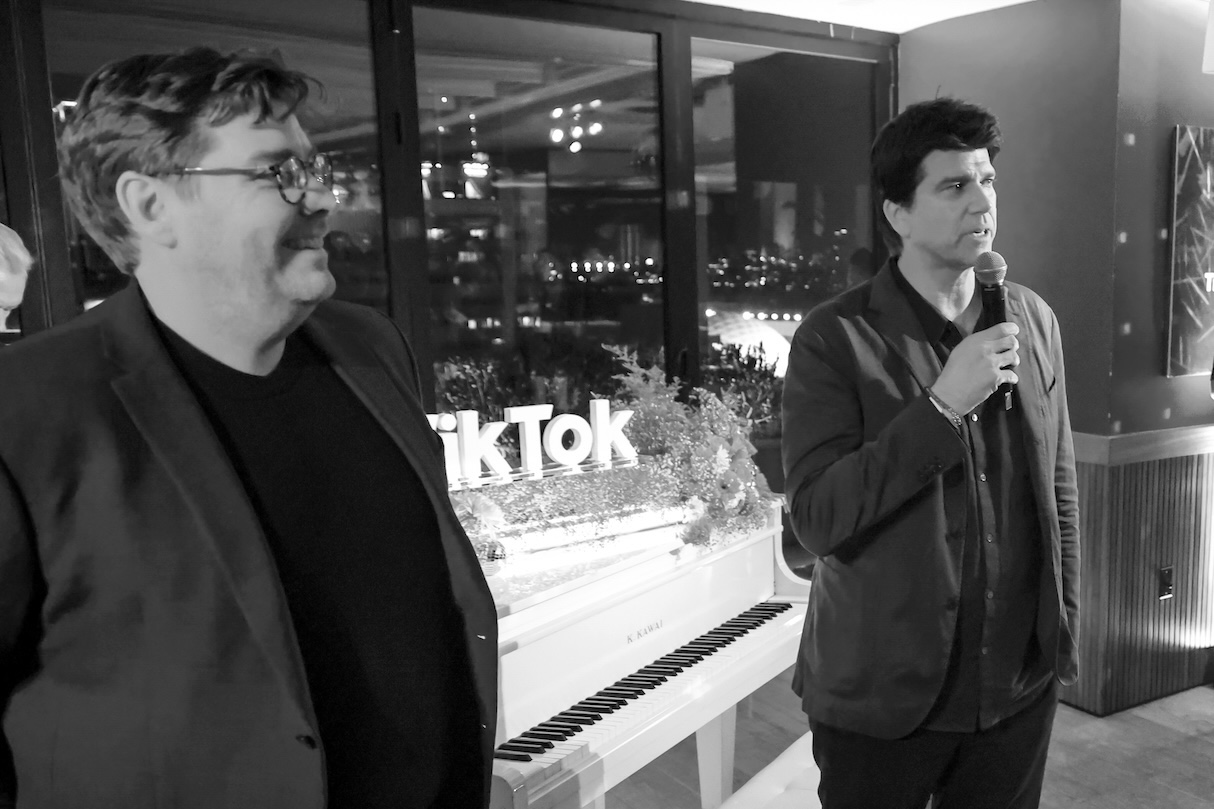
Ole Obermann is a hugely experienced businessman of music who oversees the sonic sugar-highs of over a billion app users, yet is a fan of slow music maestro Steve Reich.
Obermann’s love of the avant-garde composer dates back to the early ’90s and his first post-college job: an entry-level distribution gig handling jazz and classics at BMG.
From there, this Long Island-raised son of German and Danish parents became an associate at McKinsey and then in 2000 a senior manager in Walmart’s media division, handling vendors of entertainment lines.
After a few years with the retail giant, Obermann took a series of roles in the rapidly expanding world of digital distribution, including at Sony where he helped broker a deal with Spotify and pushed along the predictive analytics that have come to reign supreme. From Sony he moved to Warner, where he worked with Facebook on formalizing music use in the social media app. In 2019 he became Global Head of Music at ByteDance/TikTok—a micro-attention span phenomenon with an annual revenue of more than $110 billion, now over a hundredfold that of BMG, where young Obermann learned to love the ever-so-gradual musical meditations of Reich.
10. Stephen Parker
Executive Director, National Independent Venue Association
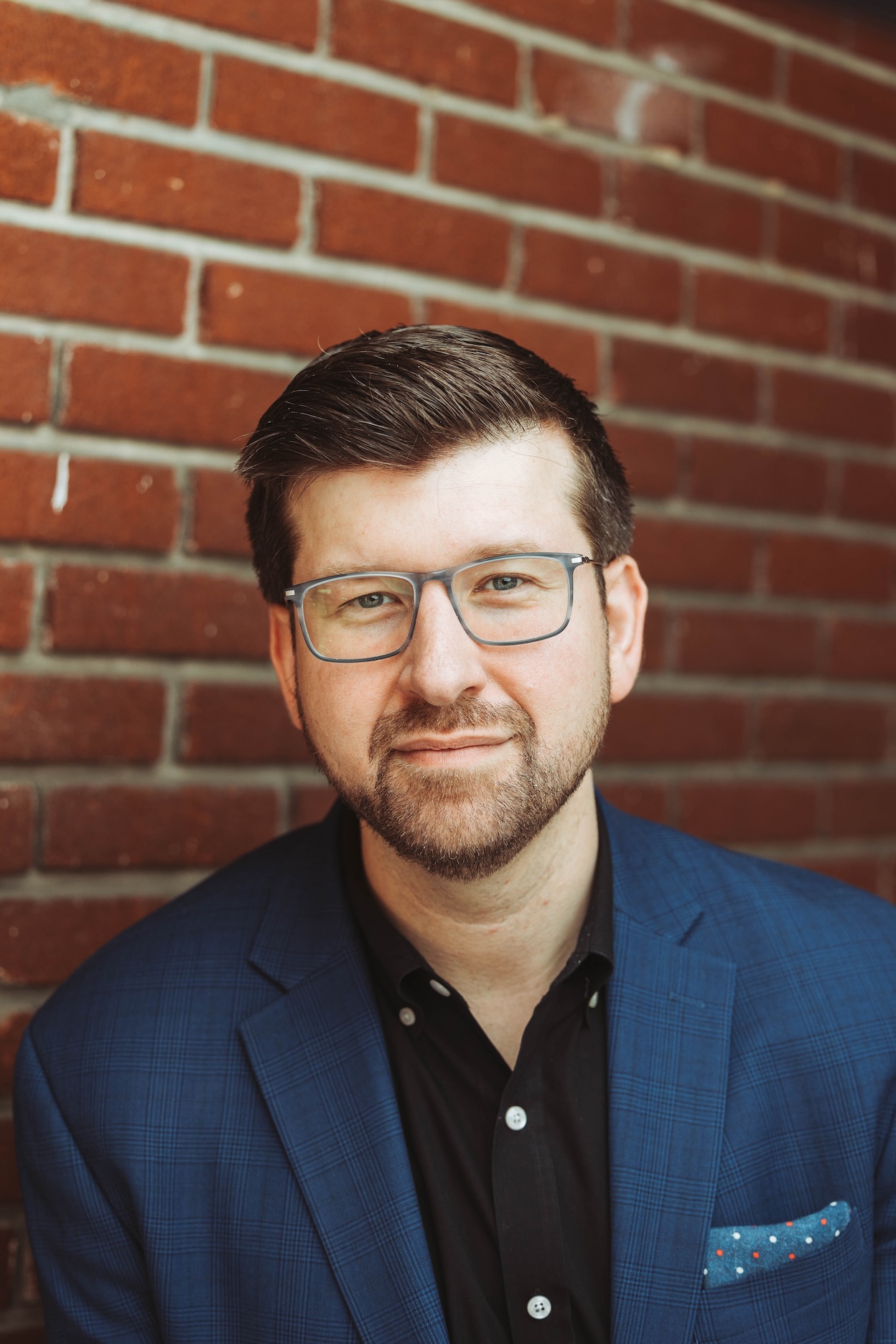
The National Independent Venue Association (NIVA) is the organized resistance to such juggernauts as Live Nation Entertainment (that’s LYV to share traders), the music industry’s Moloch of Molochs.
NIVA is by contrast a plucky trade association and lobby group for local stages and rooms across the country which are in it for the music and jokes and tales and shows rather than, first and foremost, being about return on investment for such stockmarket monoliths as LYV’s dominant stockholder, the Vanguard Group (whose $400 billion-plus in fossil-fuel investments tops that species of charts).
Parker, with his master’s in policy and management from Harvard, and more than nine years’ experience as Director of Congressional and Intergovernmental Affairs for the National Governors Association in D.C., is impeccably credentialed and experienced to be a silver-smooth face of an organization fighting for the misfit community—the dynamic risk-taking hustlers of local live music whose stages are the true incubators of the American Song Blog.
In 2020, when everything went batshit-Wuhanian it was NIVA that led the Save Our Stages push, which scored about $15 billion from the Feds to be distributed as life-support grants for venues that would have otherwise likely died. NIVA also fights against the malign bullshittery of secondary ticket markets via the Fix the Tix campaign. During the NIVA ’24 annual conference, Parker said to a crowd of 1,300 attendees, “It’s why we were founded, to save the most vulnerable, which in 2020 was all of us. Today, NIVA is in a position of responsibility and we need to see the state of our industry from the eyes of our most vulnerable venues, promoters, and festivals. It’s our most important job to make life easier for them when we can.” Hear! Hear!
9. Alexandra Patsavas
Director, Music Creative/Production for Original Series, Netflix
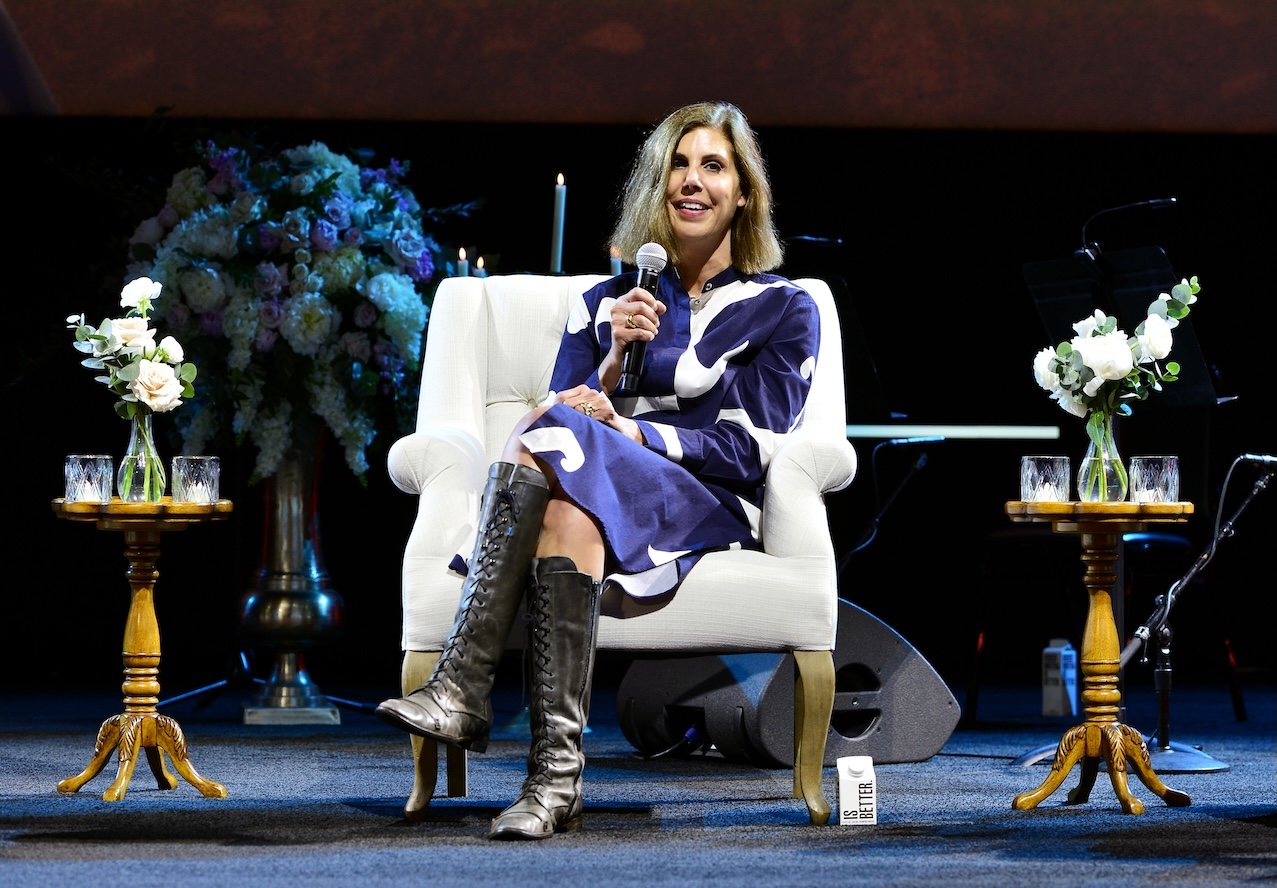
Alexandra Patsavas oversees the commissioning of new music for Netflix, a Goliath with 280 million-plus subscribers (plus friends dropping by to chill). The scale of her sonic influence is vast. At the start of her music-industry journey was a gig booking bands to play at the University of Illinois at Urbana-Champaign before moving in 1990 to L.A., where she worked at companies including BMI before landing the music supervisor role on Roger Corman’s 1995 female-penal-colony-on-an-asteroid film, Caged Heat 3000.
In 1998 she founded screen-music consultancy Chop Shop Music Supervision where she worked on music selection for productions including the Twilight series, Grey’s Anatomy, Mad Men, Gossip Girl, and scores of other notables. Entertainment-industry data-crunching service The Numbers estimates the box office for shows that Pastavas has supervised the music for have earned north of $3 billion.
As music for television has grown, on top of it sits a one-time college band-booker.
8. Willie “Prophet” Stiggers
President, CEO, and Co-founder, Black Music Action Coalition (BMAC)
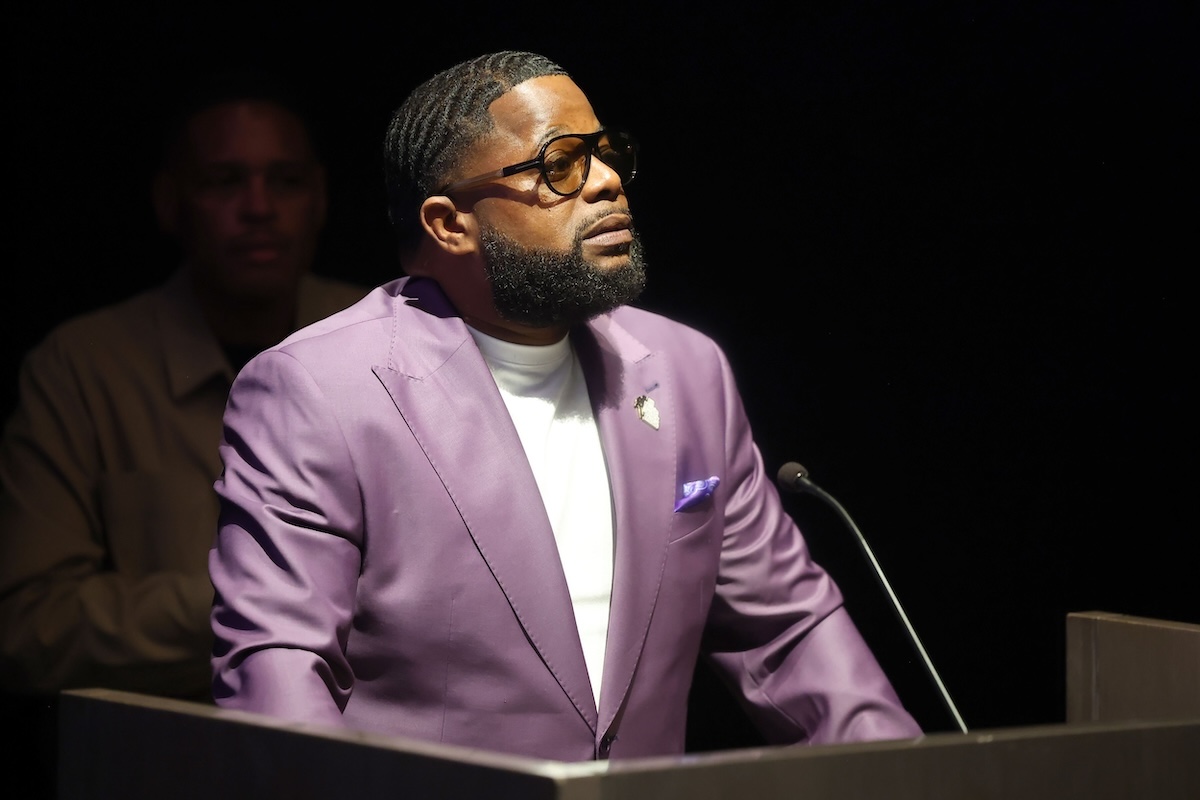
As an activist and music executive, Prophet has been fighting for racial equality for decades, beginning when he was a 13-year-old kid growing up in the Bronx. The teen soon founded the Youth Movement, an organization aimed at tackling the violence littering his community, and his voice has only grown louder. Following the 2020 police killing of George Floyd, something Prophet called “the greatest call for racial justice we ever experienced,” he was approached by Columbia Records’ Shawn Holiday and Full Stop Management CEO Jeffrey Azoff for a Zoom call that ultimately led to BMAC.
Over the past three years, BMAC has created its own awards show and established the BMAC Report Card for the music industry’s biggest labels in an effort to hold them accountable for the pledges they made in the wake of Floyd’s death. “BMAC is committed to accountability and equity within our industry,” Prophet said in a 2023 interview. “Our Music In Action Report cards are a way for us to take an honest look at where we are and ultimately where we want to be.”
Prophet has established relationships with the Academy of Country Music, The Rock & Roll Hall of Fame, The Recording Academy, the Black Music Collective, the Recording Industry Association of America (RIAA), Songwriters of North America, SAG-AFTRA and Save The Music Foundation, among others.
“Activism looks very different in different ways, everyone doesn’t need to be on the protest line,” he said in an interview with Rollingout. “Everyone doesn’t need to be shouting with their fists up. We need agents in every sector, in every vertical creating change, and you have to be a part of it to actually disrupt it and rebuild it.”
To say he’s a force would be an understatement.
7. Vickie Nauman
Founder & CEO, CrossBorderWorks Consulting & Advising
If you’ve played the 2018 virtual reality game Beat Saber, you know how important music is to the user experience. For years, fans of the game had been requesting the game’s developer, Beat Games, to include Daft Punk in the game’s musical lineup. Finally, after a two-year effort, the French EDM duo became part of the Beat Saber world, thanks in large part to Vickie Nauman, founder of CrossBorderWorks, an L.A.-based music tech consulting and advisory firm.
Nauman specializes in the relationship between technology and music, focusing on licensing and music rights. She’s the person who gets all the different companies to play nice with each other to get your favorite music in video games, mobile apps, and streaming platforms, and she’s been doing it since the early 2000s.
6. Sir Lucian Grange
Chairman & CEO, Universal Music Group
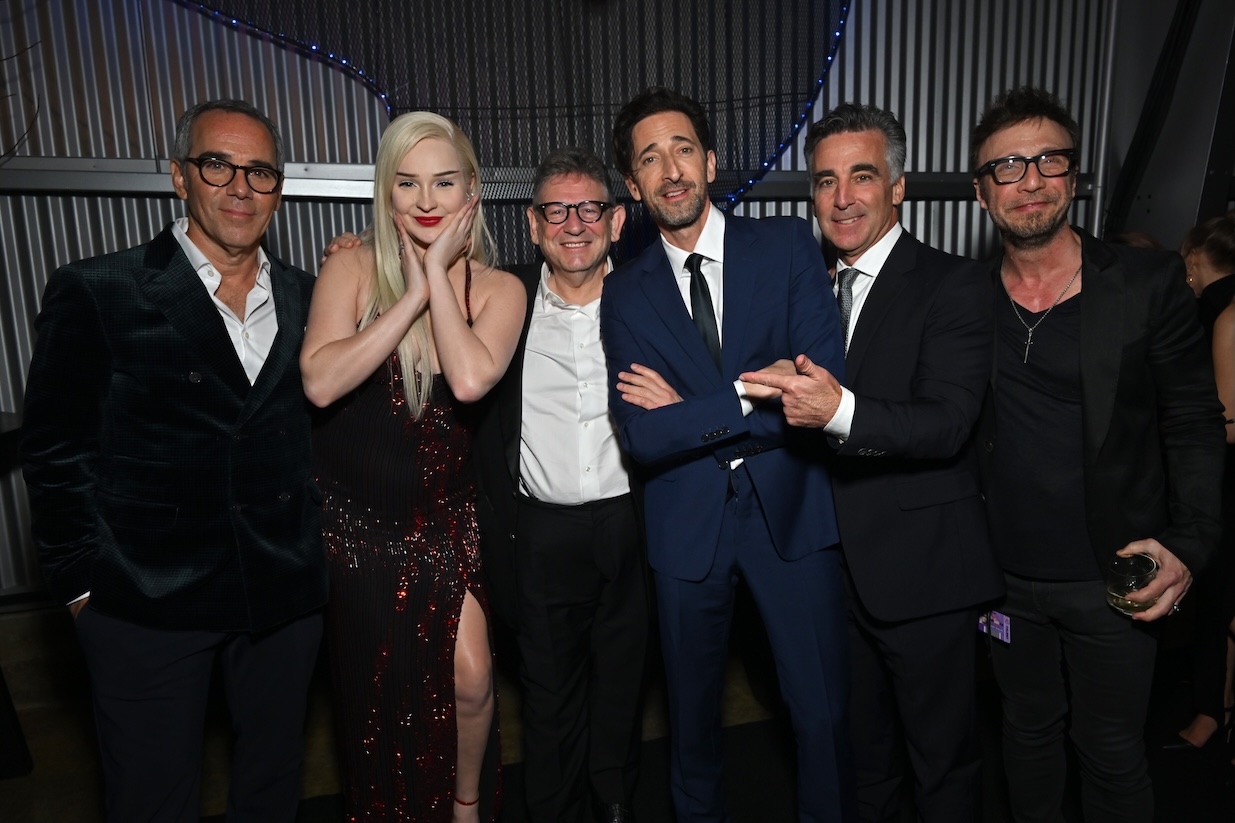
Sir Lucian Grainge…first off, he’s been knighted. But the suit of armor he wears isn’t iron; it’s made from the metal of all of the coins he’s made for Universal Music Group, making it the most successful company in music industry history. Over his more-than-40-year career, he’s pioneered new ways to sign and develop some of the world’s most successful acts, such as Jay Z, Elton John, Queen, U2, and so many more. He’s all about innovative business models and wide-ranging partnerships with technology and media companies worldwide.
Grainge got his start in 1986 when he launched PolyGram Music Publishing U.K., part of Universal Music Group (UMG). Within five years, it was one of the top three publishing companies in the region. He then joined Polydor, another UMG subsidiary, and rose to Managing Director, before taking on numerous other very important titles under the UMG umbrella, before being promoted to Chairman and CEO in 2010, the last and most important title under that very large umbrella.
Since then, he led UMG to acquire EMI’s recorded music assets, revitalized Capital Records, and helped set multiple records like being the first music company to rank in all 10 spots on Billboard’s Digital Songs chart.
At UMG’s 2024 Capital Markets Day event in London, Grainge talked about how streaming isn’t going anywhere, and will continue to drive growth in the industry, and that “superfandom is a core component of music economics.” While he endorses the use of AI, he’s working to protect artists’ rights to fair compensation when it comes to their intellectual property being used.
5. John Meneilly
Jelly Roll’s manager, CEO, Left | Right Management
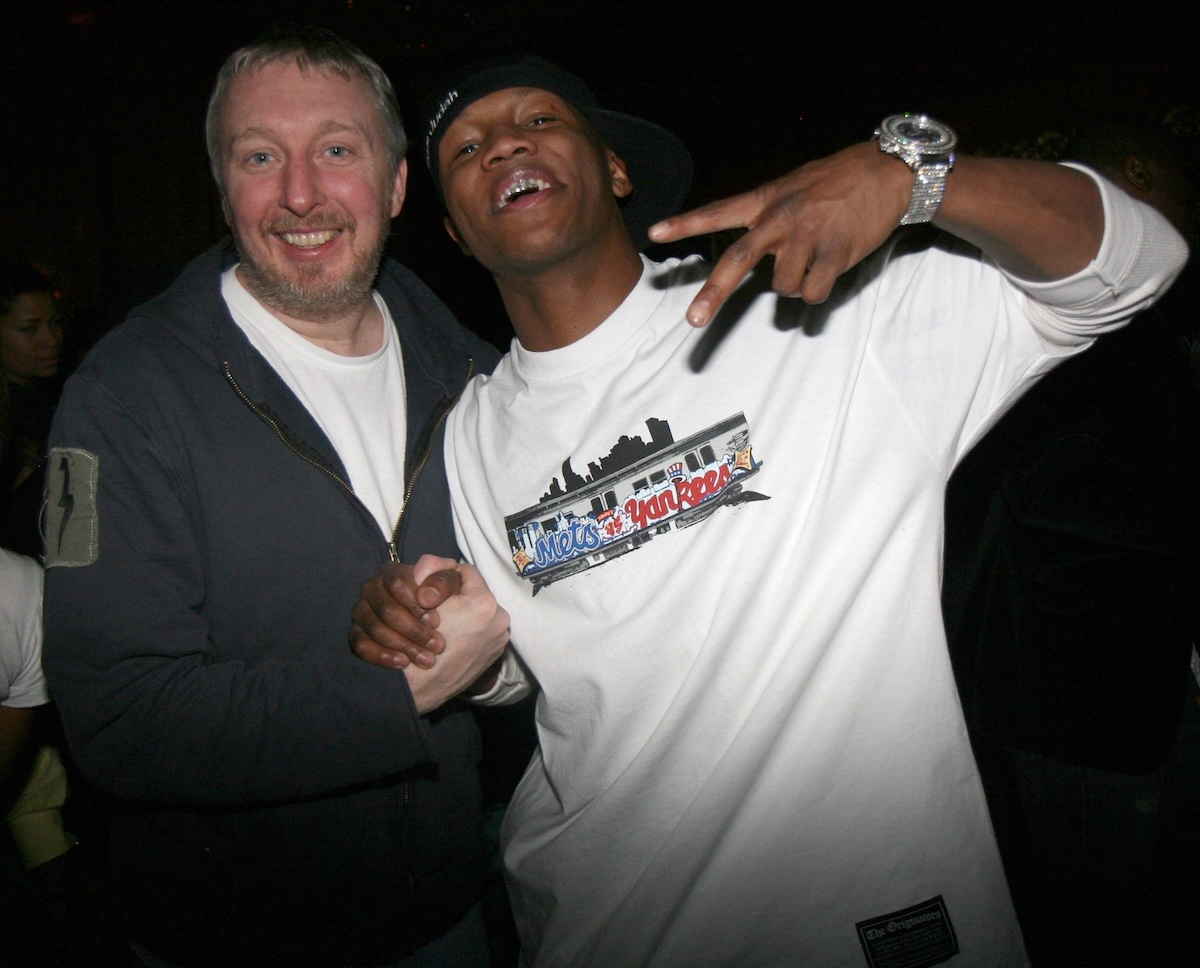
Jelly Roll’s career may have been taking off before John Meneilly came on the scene, but it exploded after Meneilly began managing him in 2023. Known as Jelly Roll’s “trusted hitman and consigliere” — we believe only colloquially — he also manages Joey Bada$$ and Sara Bareilles, and was, once upon a time, Jay Z’s most trusted confidante and manager, helping the rapper become who he is today.
Now, he seems to be doing the same for Jelly Roll. The country rapper sold out multiple shows during his Backroad Baptism Tour, had three No. 1 songs on Billboard’s Country Airplay, and walked away with three major CMT music awards — Video of the Year, Male Video of the Year, and Performance of the Year. We’re going to assume a lot of this success is due to Meneilly’s guidance.
4. Jack Antonoff
Producer and founder of indie rock band Bleachers
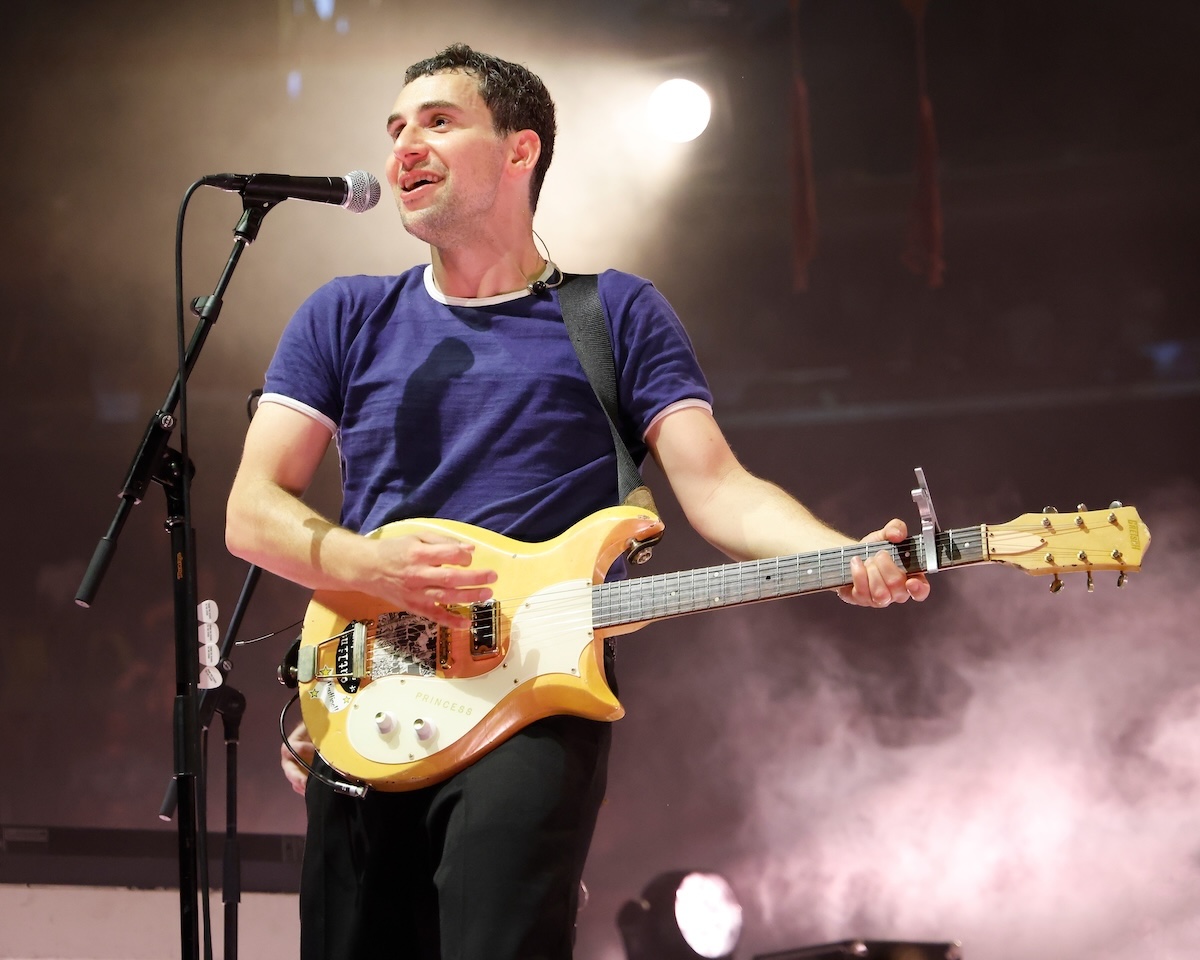
Jack Antonoff’s career as a superstar producer for Taylor Swift, Lana Del Rey, Sabrina Carpenter, and Kendrick Lamar, among others, may be overshadowing the fourth studio album he and his rock band Bleachers put out in March of last year. But that’s a good problem to have, right? He’s the go-to producer in pop music these days, much like Rick Rubin was for rock in the early 2000s. He’s the magic-maker.
Being in a rock band and the uber producer isn’t enough for Antonoff. He also composed the music for the 2024 Broadway revival of Romeo + Juliet. Del Rey even credited Antonoff for her marriage to Jeffrey Dufrene. For this year’s Grammys, he’s been nominated four times for his work with Sabrina Carpenter and Taylor Swift.
In an October 2024 Time interview, Antonoff comments on his varying musical projects and how he’s viewed as someone who’s supposedly busier than other artists. “[It] always makes me laugh when people call me productive. I’m like, ‘I just make music.’ A lot of people in my position have nine things going on. I come to the studio and I tour, but to me, that’s enough. I still have a lot of obsessive thoughts about what I want to do and how I want to do it, but I don’t feel the need to really do anything else. Never really have.”
Is Antonoff responsible for shaping the sound of modern music as many have proclaimed? That’s a lofty declaration, even for the 11-time Grammy winner. But it’s quite possibly true.
3. Taylor Swift
Biggest pop star on the planet

By now, you might think it’s cliche to have Taylor Swift on a list like this. And you’re probably right. But currently, nobody can shape the music industry (and pop culture at large) the way she does. Swift was the most streamed artist on Apple Music and Spotify last year. Her Eras Tour is the highest-grossing tour of all time. She’s won 14 Grammy Awards and for 2025, she’s nominated for six more. Swift is undeniably the most powerful force in music right now.
2. Andrew Jervis
Chief Curator, Bandcamp
Andrew Jervis spent a couple years in the early ’90s behind the counter of San Francisco’s The Groove Merchant store—buying, selling, and talking shop. After that he edited On the One, a music mag specializing in acid jazz. And as the head arbiter of taste at Bandcamp—the music world’s coolest virtual record store—the throughline is his love of music.
At Bandcamp, familiarity and nostalgia do not rule, and its vitality is the opposite of Spotify and YouTube Music. Those giants are the Big Bland Box Stores of sound—smooth movers in bulk with often minimal marginal returns to musicians. As reported in The Regulatory Review, “Artists on average are paid less than one-tenth of a cent per stream on Spotify.”
Bandcamp, on the other hand, is like a giant flea market where bands operate as vendors, setting their own prices for music and merch. Bandcamp’s cut is 15% on digital sales and 10% when hocking physical stuff (t-shirts, vinyl, CDs, cassettes, etc). Allowing for payment processing fees, the artist gets upwards of 80% of each sale. Pretty frigging good. But that alone doesn’t make Bandcamp great. What seals the deal, especially for consumers, listeners, and music lovers, is the vibrant curation which effectively makes Bandcamp function as the mother of all independent radio stations. And Jervis is a gatekeeper who waves through the wild and genuine rather than the safe and PR-designed. “We’ve been lucky in that we don’t have advertisers, we don’t have sponsors, we don’t have anybody that we need to talk to about ad click rate,” he said in an Other Record Labels podcast. “Editorial is driven purely by, do we like it?”
1. Toomaj Salehi
Iranian rapper

Dissident Iranian rapper Toomaj Salehi spent 11 months of 2024 locked up in one of the Islamic Republic’s notorious prisons. He was released on December 1, one year after his most recent arrest.
Dubbed “Son of Iran” by his supporters, Salehi is no stranger to incarceration. His incendiary rhymes, which boldly call out the atrocities carried out by the country’s dictatorial regime, have resulted in multiple arrests and extended stretches in prison over the last five years, for a sum total of 753 days. He has been beaten repeatedly and kept in solitary confinement. In April 2024, he received the death penalty.
Speaking to SPIN through a relative on Instagram DMs, Salehi explains why he keeps pushing back against the Islamic Republic at tremendous personal risk: “My greatest motivation is to shift the balance of power towards the people, resulting in our attainment of civil and political freedoms, so that the children of Iran can have a better future. This includes achieving freedoms of speech, choice of attire, and equal opportunities for advancement and growth, ensuring all citizens are respected by the government.”
Salehi’s struggles with Iran’s Islamic regime are not confined within the borders of that country. His death penalty decree was met with global outrage from fellow musicians as well as his millions of followers. Coldplay, Jack Antonoff, Peter Gabriel, Duran Duran, Nile Rodgers, Chrissie Hynde, Tom Morello, and others took to their platforms to bring attention to Salehi’s plight or signed their names to a letter to the United Nations Human Rights Council. Salehi’s death penalty was eventually overturned, although he remained, until recently, in prison. But non-Iranian artists speaking up on his behalf was not taken for granted by Salehij.
“The outpouring of support from international artists has deepened my sense of global citizenship,” he says. “I now recognize them as parts of my being. This inspires me to address the global community’s concerns in my future plans, while also counting on the support of my global family.”
To see our running list of the top 100 greatest rock stars of all time, click here.

